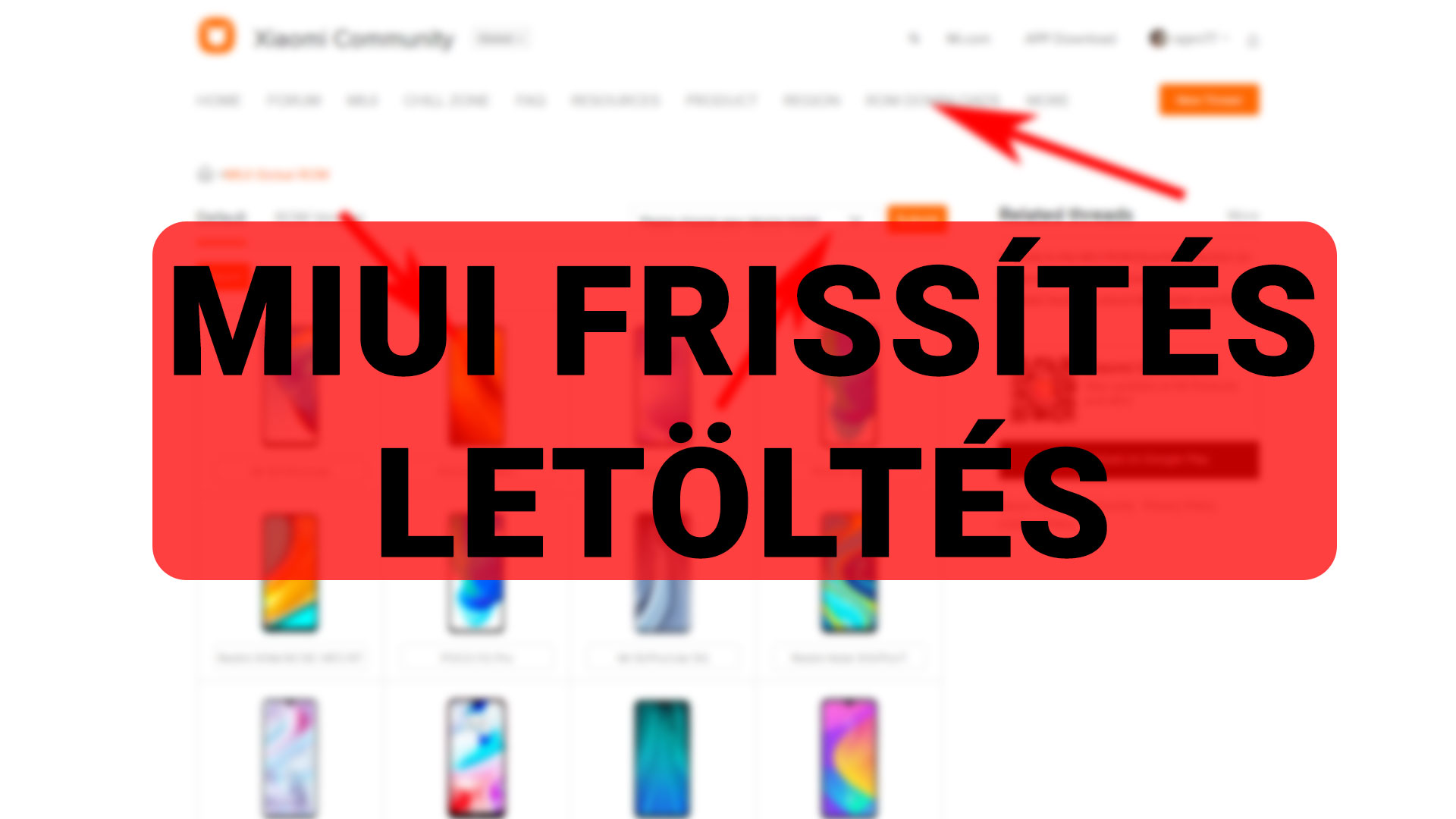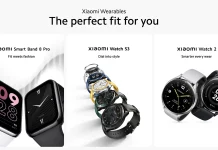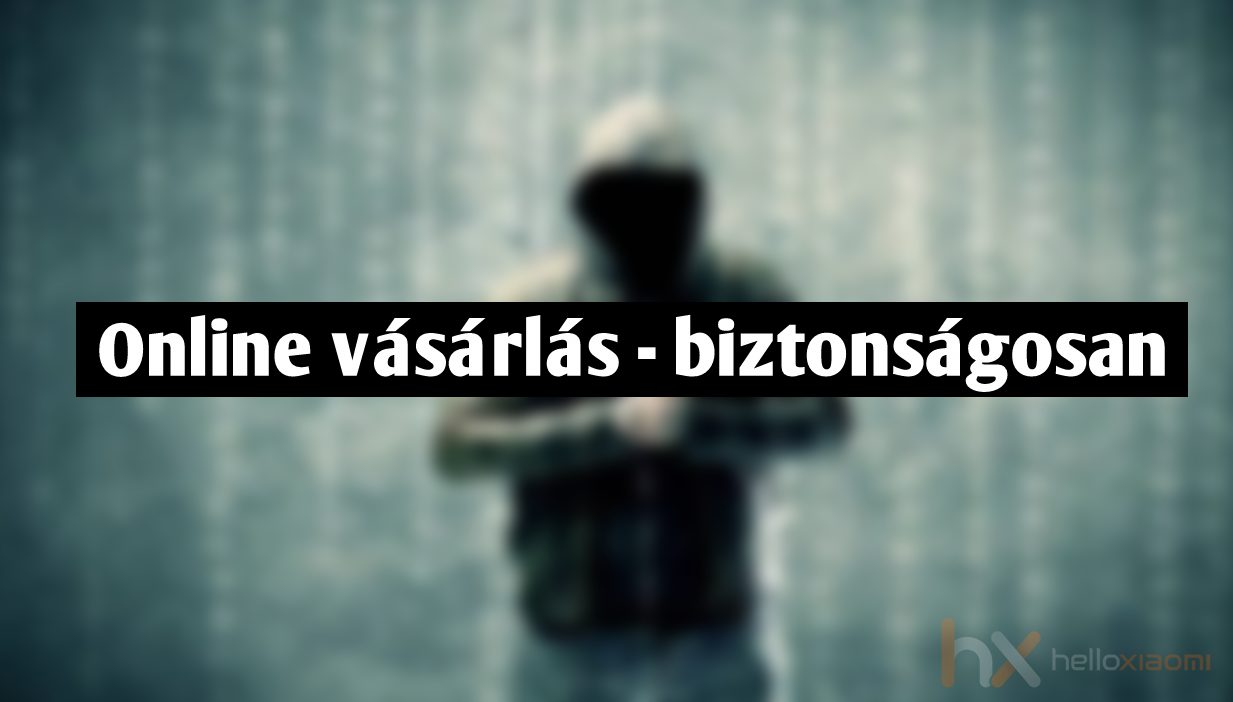With Christmas just around the corner, the holidays coming up and more and more people choosing to shop online, the risk increases in direct proportion. Fraudsters are also at work, using increasingly sophisticated methods to target unsuspecting shoppers.
You could start with the first golden rule: don't give out credit card details, anywhere, to anyone, under any circumstances, but that doesn't make sense because there are situations when you have to - with due diligence!
Cash on delivery is preferable, but when this is not possible, the second line of defence is PayPal.
If you order from abroad, it's no wonder we don't like to give you your card details, don't! If you have the option, use PayPal, or SimplePay in your country.
Why is this good? The seller doesn't get our data directly, so they can't abuse it. The transaction goes through a third party, which is trusted and does not give out the data.
There are online bank cards, they are virtual cards, and they don't have more money than they need (of course we set the limit), so even if someone tampers with the data, they can't do anything about it.
Nowadays, two-factor authentication is required for online payments, so it's a good idea to make online shopping a little more secure.
Pay attention to the padlock, web address
The padlock in the left-hand corner of the browser ensures that the website is accessed over an encrypted connection. Why is this important?
For one thing, every store that claims to be anything these days operates over an encrypted connection, so if it's not, it's probably a scam (although scammers are encrypting now, so no, really, don't buy from them). Then, even if the site happens to be legitimate, there's still the risk of your data being stolen, as it's not encrypted, so anyone can intercept your data as it travels over the internet.
Let's look at the web address. So-called phishing, or phishing attacks, are a very widespread mechanism these days. The site looks like what you are looking for, it works like what you are looking for, but it is not.
For example, you want to buy from xiaomishop. You diligently type in xiaomishop.hu, but you accidentally type xioamishop.hu. The page loads, you don't even notice it, but you're on another page that looks the same, but has one purpose: to steal data.
When you're surfing the web, it's especially important to check that you're where you want to be.
Passwords
Do not accidentally use the same password in multiple places, because a data leak can easily pick our password from a collection of passwords, and the attacker will gain access to the webshop account where our personal, sensitive data is stored.
You must not!
If the store or courier sends you an email, do not open it directly. Visit the site yourself, because even if an email looks genuine, there is a good chance it is not.
Think, ask questions
It is very important not to rush. Pay attention, order when you can concentrate. We might think, ahhh, who needs it, why do we need it, what do we need it for, but we live in a world today where everyone is collecting, using, attacking, with what, when and where they can. Of course there is no need to despair, there is always a way to defend oneself.
If you're interested in how to protect your data from the bad guys, check out the Data protection primer article series.
Happy holidays and happy, safe shopping! :)


















![[150] HyperOS heti hibajelentés](https://helloxiaomi.hu/wp-content/uploads/2024/04/hyperosbugreportindex-218x150.webp)



